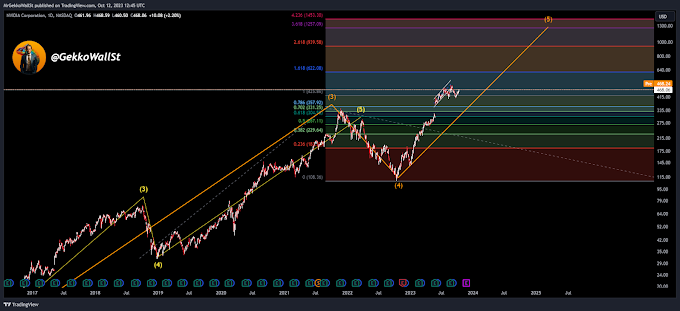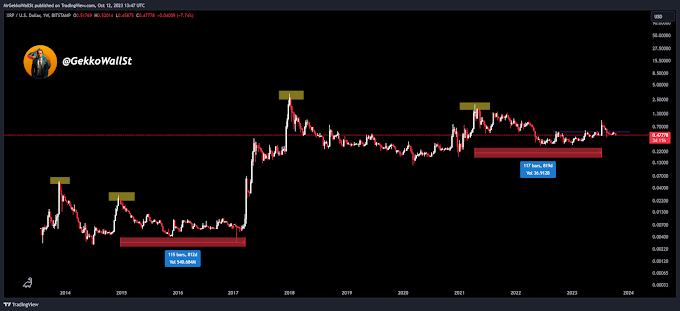"Liquid staking" is a term that refers to an approach of participating in a blockchain network through the staking process of cryptocurrencies while still retaining the ability to trade or move those cryptocurrencies without significant delays.
Staking is a mechanism in many blockchain networks that allows cryptocurrency holders to lock a certain amount of these coins in a specific wallet, known as a "staking node" or "validator node." This is done to support network operations like transaction validation and block creation. In return for their contributions to the network, staking participants usually receive rewards in the form of more cryptocurrencies.
However, traditional staking often involves locking the cryptocurrencies for a specific period of time, which can limit the liquidity of these assets. "Liquid staking" attempts to address this issue by allowing cryptocurrency holders to participate in the staking process and earn rewards while maintaining the ability to use or trade their cryptocurrencies without waiting for an unlocking period.
This approach is generally achieved through more flexible staking protocols, which enable cryptocurrency holders to withdraw their staked assets at any time without a waiting period. This provides greater freedom of movement for investors while still ensuring the security and operation of the blockchain network. However, it's important to note that each blockchain network and staking project might implement the concept of "liquid staking" slightly differently, so it's always a good idea to understand the specifics of a particular protocol before getting involved.





